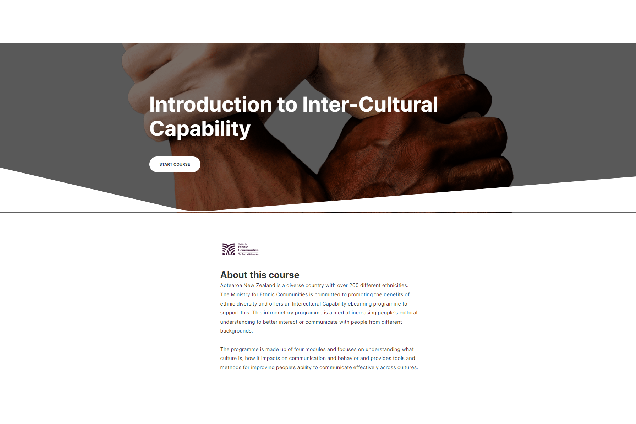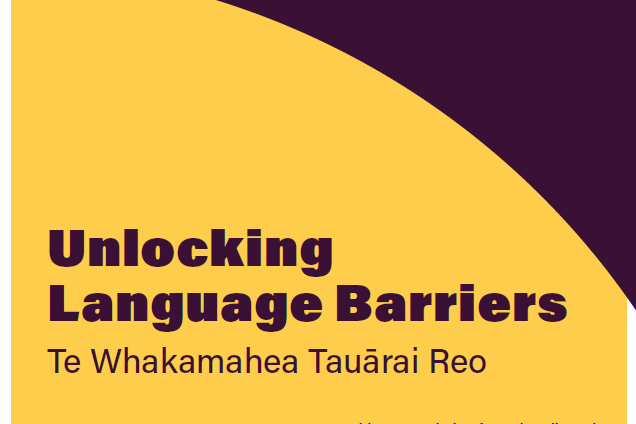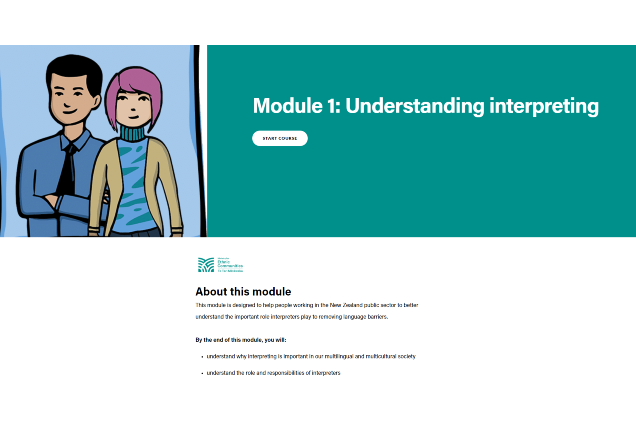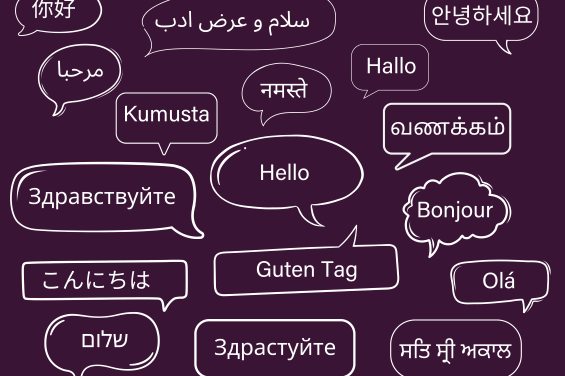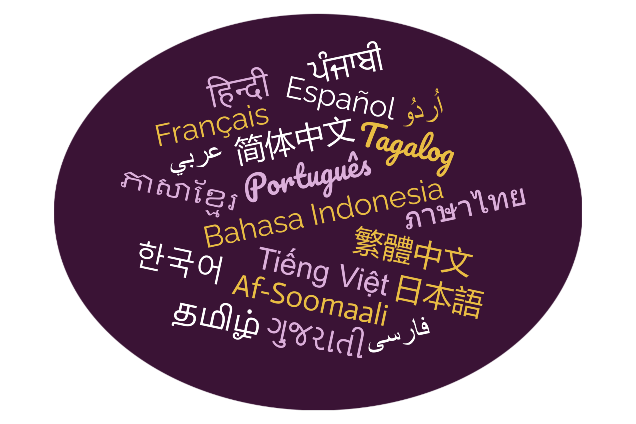What is Inter-cultural capability?
Being inter-cultural capable means behaving in a way that respects someone else’s mana and cultural background. It means being able to work and communicate effectively across different cultures and contexts, and having the ability to acknowledge and mitigate unconscious or conscious biases.
Developing intercultural capability is a lifelong process that involves ongoing awareness and self-assessment of your own cultural assumptions, values, and beliefs. It also involves being willing to learn and being open to adapting what you think and how you interact with others.
Resources for individuals, government agencies, and organisations
-
Inter-cultural capability eLearning
This programme is for anyone wanting to increase their knowledge and understanding of how to better work and communicate with people from different cultures.
Learn more -
Inter-cultural capability development tools and resources
There are many public sector tools and resources available for you to understand, reflect on, and improve your inter-cultural capability.
Learn more -
Unlocking Language Barriers
This guide provides practical advice and information to support government agencies and other organisations in Aotearoa New Zealand to better communicate with Culturally and Linguistically Diverse (CALD) communities.
Learn more
-
Interpreting Services in the New Zealand Public Sector
This eLearning course is designed for public servants who are likely to work with people with whom they do not share a language. It provides training to better understand the role of interpreters, how to access them, and how to use them.
Learn more -
Greetings in different languages
Find key greetings and phrases in several ethnic community languages, including how these words or phrases are written, transliterated, and pronounced.
Learn more -
Information in different languages
Find information and resources produced by the Ministry for Ethnic Communities in a range of different languages.
Learn more

